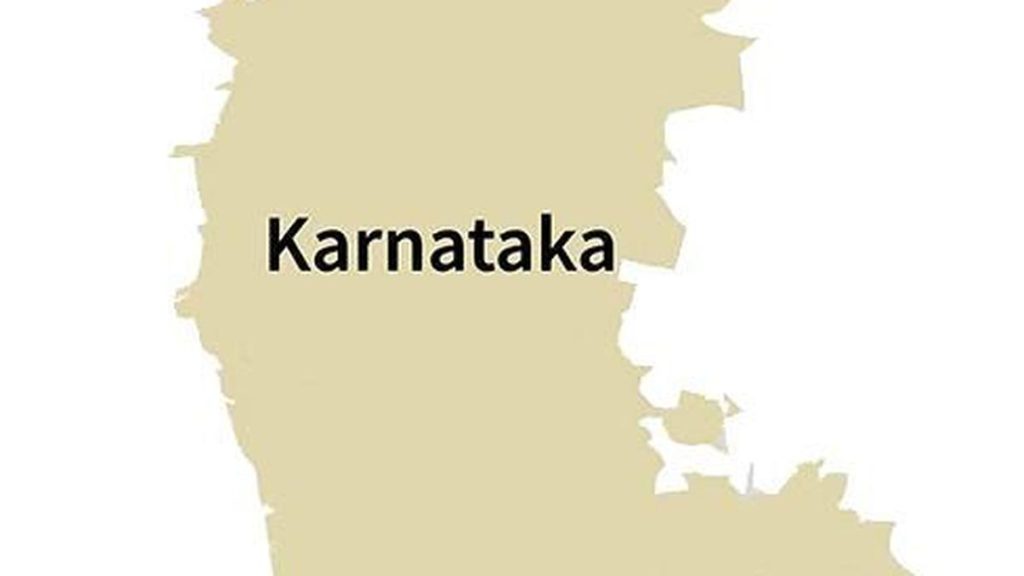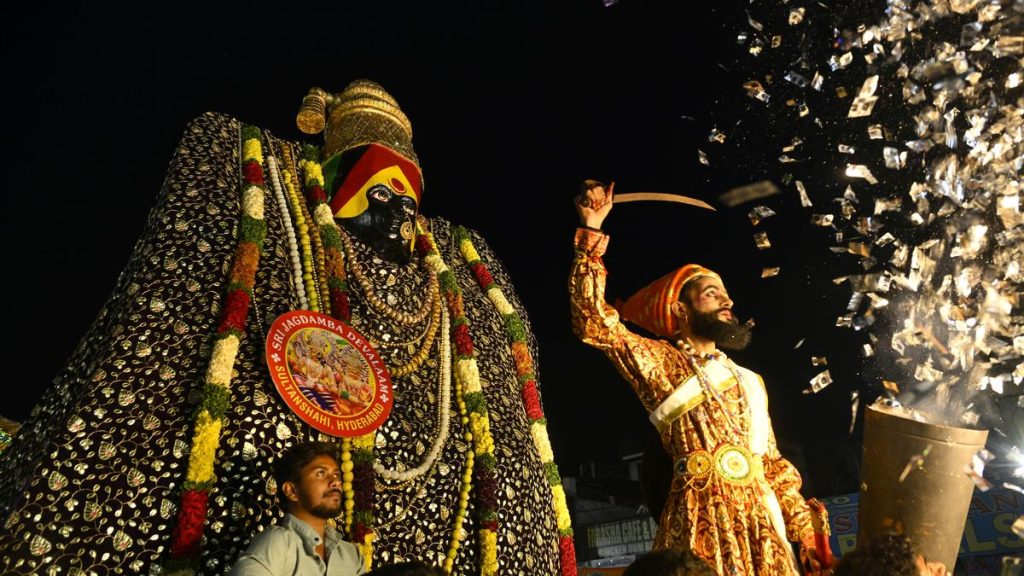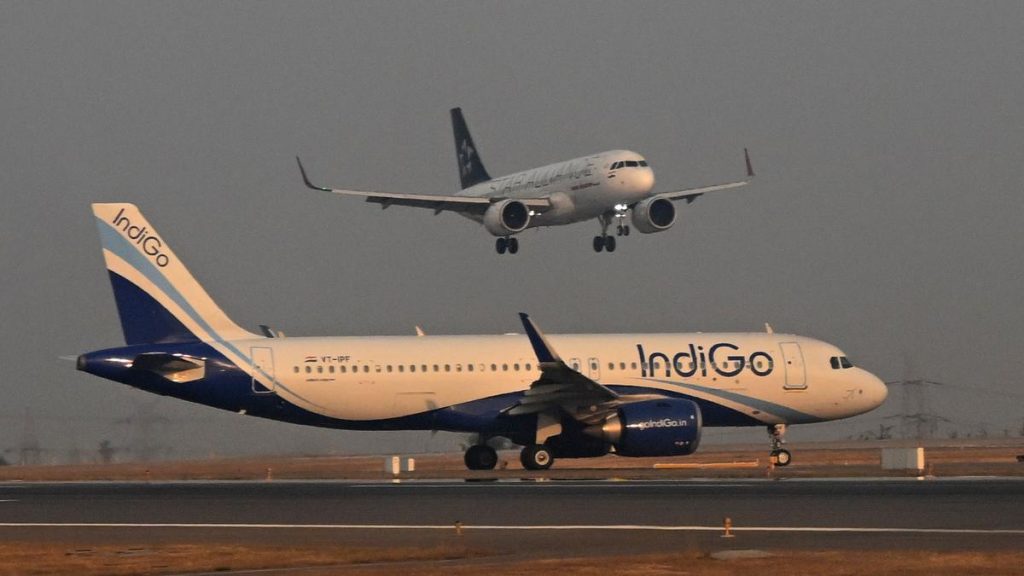Now Reading: Dharmasthala Burials Case: Govt Awaits Police Report for Legal Action, Says CM
-
01
Dharmasthala Burials Case: Govt Awaits Police Report for Legal Action, Says CM
Dharmasthala Burials Case: Govt Awaits Police Report for Legal Action, Says CM
Speedy summary
- Chief Minister Siddaramaiah’s Statement: The Karnataka State government will act based on the police investigation report in the ongoing Dharmasthala burials case, as per law.He ruled out succumbing to external pressure.
- Whistleblower Claims: The complainant, a former sanitation worker, alleged burying “hundreds of bodies” and offered to identify burial sites. He was absconding for 10 years before resurfacing and providing his statement to the police.
- Police Investigation Report: CM stated that further action, possibly including forming a Special Investigation Team (SIT), depends on the impending police report expected within 1-2 days.
- Public Demands: Retired Supreme Court judge V.Gopala Gowda called for an SIT probe under judicial monitoring due to concerns over delays in exhuming remains and alleged coercion against the whistleblower by authorities.
- Judiciary Criticism of Police Actions: Gowda criticized alleged leakage of statements and lack of urgency in investigating burial sites, raising questions about investigative intentions.
Indian Opinion Analysis
The Dharmasthala burials case highlights sensitive procedural and ethical issues surrounding large-scale allegations like rape, murder, and clandestine burials. Chief Minister Siddaramaiah’s emphasis on adhering strictly to legal processes is meaningful for maintaining public trust amidst escalating scrutiny. Calls for judicial oversight via an SIT reflect broader concerns about transparency in high-profile investigations involving whistleblowers.
Regardless of political pressures or public demands, resolution hinges on credible evidence from impartial inquiry mechanisms such as those demanded by stakeholders like retired Judge Gowda. If mishandled or delayed further-as highlighted by criticism over investigative laxity-it may erode confidence not only in local authorities but also institutional accountability overall.
For read more [link].

























